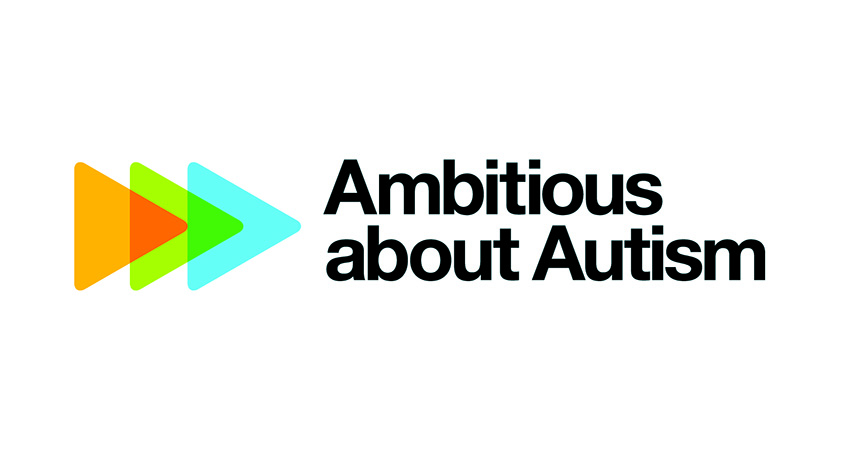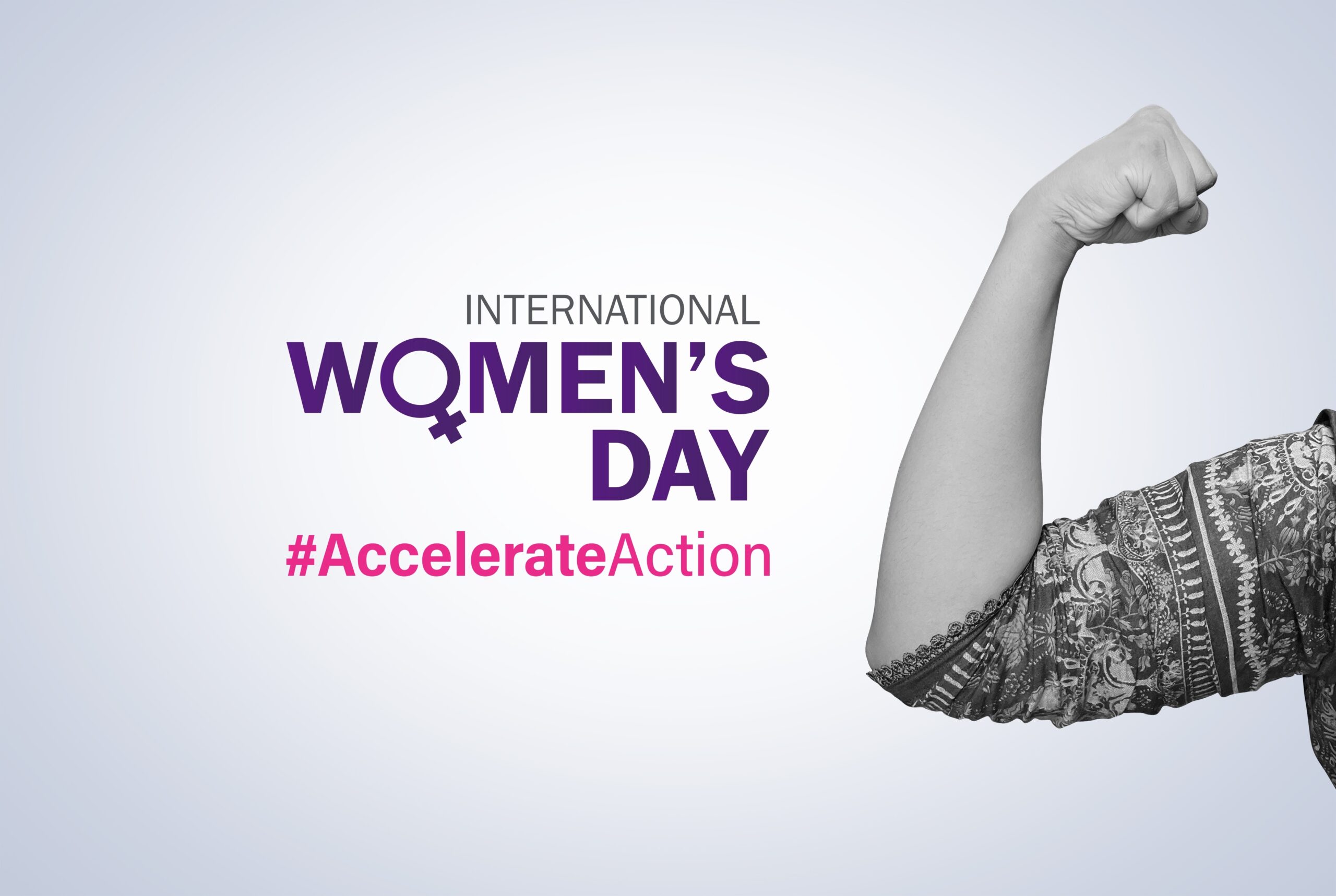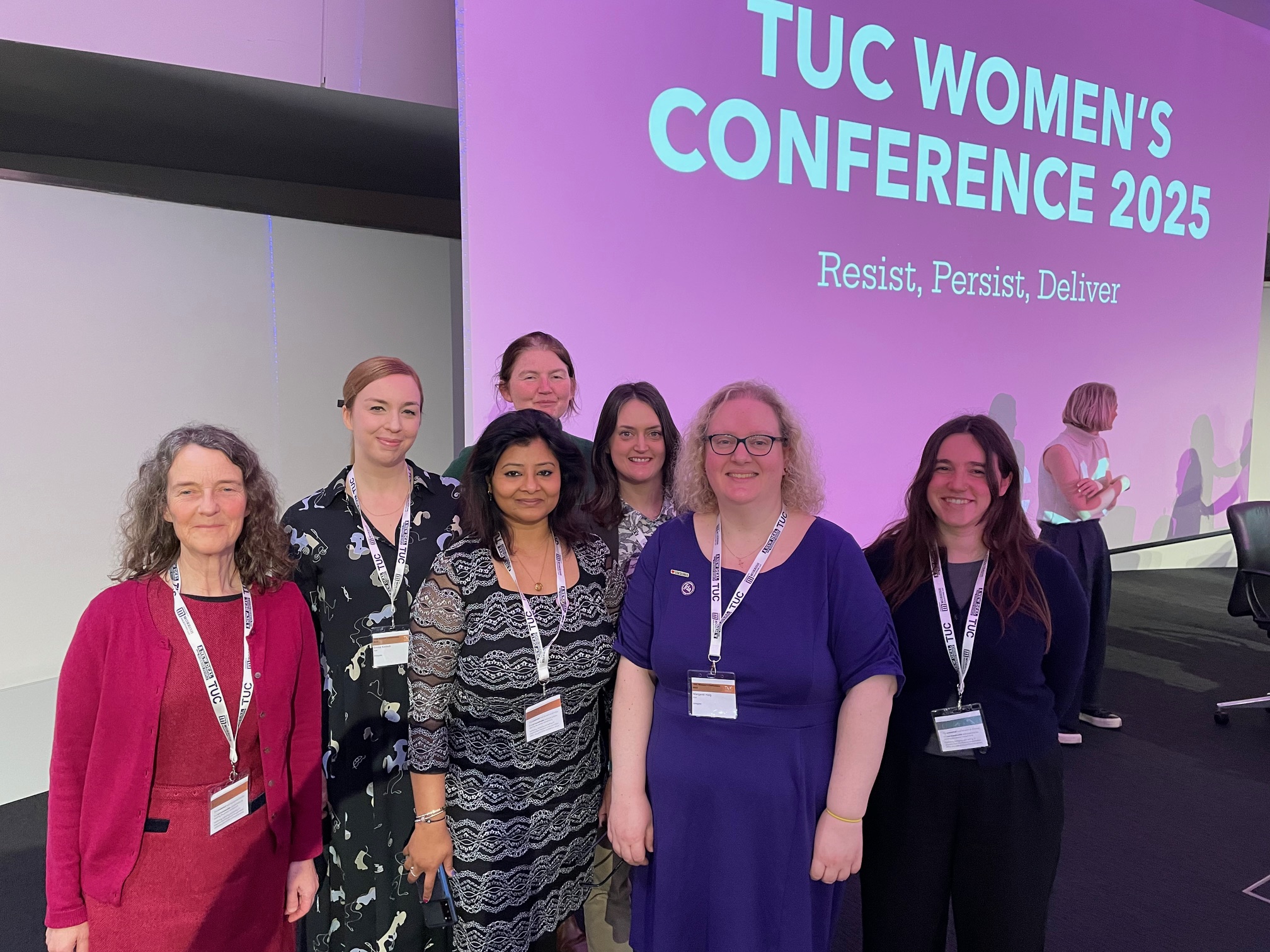World Autism Awareness Week: Breaking down barriers for autistic young people

This week is World Autism Awareness Week, running from 29 March to 4 April. It’s an annual event that aims to increase understanding and awareness of autism. Over the last year, the coronavirus pandemic has had a deep impact on autistic young people and their families. It’s more important than ever to raise awareness and highlight the issues facing people with autism, and how we can support them.
Autism is a lifelong developmental disability, affecting around one in 100 people in the UK. It affects the way a person communicates and how they experience the world around them. Autism is often described as a ‘hidden’ disability because you can’t tell someone is autistic just by looking at them. Sadly, this means there is often still a lot of misunderstanding and misconceptions about what autism is. As a result, young autistic people are much more at risk of exclusion from school and struggle to fulfil their potential in further education or employment as they grow up. Latest research shows that just 21.7% of autistic people are in full-time or part-time employment, the lowest of all disabled groups. Every autistic person is different, and their characteristics vary, but there are areas of difference between autistic and neurotypical people.
Autistic people can find socialising and social interactions difficult and tiring due to difficulties ‘reading’ other people, which can lead to loneliness and isolation. They can find it hard to understand abstract concepts, such as seeing things from other’s point of view. This is called ‘social imagination’. Differences in social imagination can make it harder for autistic people to cope with new or unfamiliar situations and they much prefer routine and predictability. Autistic people also find it a lot harder to interpret both spoken language and body language, which can make communication more difficult. Some autistic people have little or no speech or communicate in different ways. Finally, autistic people process sensory information, such as sounds, lights, touch and smells differently and this can impact how they interact with the environment and their ability to interact with other people. For example, too much bright light or loud noises can be overwhelming for an autistic person.
As a national charity for children and young people with autism, we provide education and employment services and raise awareness and understanding. We campaign for policy change to ensure all autistic children and young people are able to learn, thrive and achieve in the early years, in education, in employment and beyond. We want to make the ordinary possible for children and young people with autism, and ensure they have the same opportunities as everyone else. Together, we need to break down stereotypes and challenge misconceptions about what autistic people can and can’t do. This begins with greater understanding and awareness of what autism is.
One way we do this is through training such as our Understanding Autism course, which we are running for FDA members. The training session will enable you to identify the key areas of difference that need to be considered when working with autistic people. You will gain a greater understanding of how autism presents itself differently in individuals and gain greater insight into how autistic people see the world. The next training course will be on Monday 19 April, from 12 to 1.30pm. If you’re interested in joining, please email equalitymatters@fda.org.uk.
As we mark World Autism Awareness Week 2021, we know there are still many challenges to overcome, and we are very grateful to have your support.
To find out more about autism from autistic young people themselves, or to raise awareness where you are visit www.ambitiousaboutautism.org.uk
Related News
-

FDA celebrates Women’s History Month 2025 with panel event
To celebrate Women’s History Month and International Women’s Day 2025 the FDA hosted a panel event looking at the history of women in the civil service and within the trade union movement.
-

FDA attends TUC Women’s Conference 2025
A delegation of FDA members attended TUC Women’s Conference 2025, held in Congress House, London, from 5-7 March.
-

FDA panel event for LGBT History Month 2025
To mark LGBT History Month 2025, the FDA hosted an online panel event with members and representatives from civil service-wide networks to discuss the progress and challenges of advancing LGBT equality and inclusion in their workplaces.